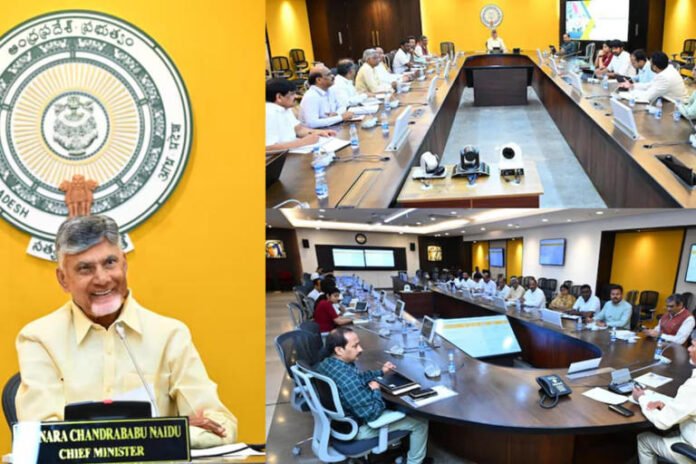The Government of Andhra Pradesh has launched the ambitious ‘Smart Street Project’, a people-centric initiative focused on upgrading the working conditions of street vendors across the state. Under this scheme, thousands of vendors are set to receive modernized, well-equipped shop units, designed to blend functionality with aesthetics, while also promoting orderly and hygienic urban spaces.
Unveiled with much anticipation in Vijayawada, the Smart Street Project is being hailed as a unique example of inclusive urban development—balancing infrastructure growth with socio-economic empowerment.
A Boost for the Backbone of Urban Retail
Street vendors form an essential part of India’s urban economy, providing affordable goods and services while supporting livelihoods for millions. However, their working conditions are often precarious, with inadequate infrastructure, exposure to weather, and vulnerability to eviction or harassment.
The Smart Street Project seeks to reverse these vulnerabilities by offering street vendors compact, modern shop units with improved design, safety, and access to essential services like electricity, water, and waste disposal. The shops are being constructed with weather-resistant materials and are designed to be eco-friendly, low-maintenance, and easily movable.
Pilot Phase Begins in Major Cities
The project has initially been rolled out in select urban centres including Vijayawada, Visakhapatnam, Tirupati, Guntur, and Kakinada, with over 3,000 modern shop units slated for distribution in the pilot phase. Based on its success, the scheme is expected to expand to other towns and municipalities.
Each smart shop is built on a uniform template, ensuring aesthetically aligned streetscapes while also being customizable for different types of vendors—fruit sellers, tea stalls, tailors, florists, and others. The state government is coordinating closely with municipal bodies and urban local authorities to identify eligible beneficiaries and provide them with training on maintenance and digital payment systems.
Government’s Commitment to Urban Inclusion
Speaking at the launch event, a senior official from the Department of Municipal Administration and Urban Development said,
“This project is not just about infrastructure—it’s about dignity of labour. Our street vendors deserve decent working conditions and the opportunity to grow. The Smart Street Project empowers them economically while also making our cities cleaner, safer, and more beautiful.”
The project is being implemented in alignment with the PM SVANidhi scheme, which provides micro-credit to street vendors and encourages digital transactions and formalization of their businesses.
Tech-Enabled Urban Management
In line with Andhra Pradesh’s push for smart cities and digital governance, the Smart Street Project also incorporates smart monitoring systems to manage foot traffic, cleanliness, and vendor records. Officials can digitally allocate shops, track usage, and ensure compliance with urban planning norms.
Some of the smart features being introduced include:
- LED lighting for shops and surrounding areas
- QR code-based identity tagging
- Solar panels for basic energy needs
- Waste collection points near clusters
- CCTV surveillance in high-traffic zones
These elements not only improve security and sustainability but also encourage a shift towards organized urban retail without displacing traditional vendors.
Reactions and the Road Ahead
The response from street vendor associations and urban residents has been overwhelmingly positive. Vendors who received the first round of smart shops described the initiative as “life-changing,” noting that their businesses now look more professional and attract more customers.
Urban planners and economists have praised the project for addressing both livelihood concerns and urban congestion, often seen as opposing priorities. The integration of smart technology with human-centred design is being viewed as a replicable model for other Indian states.
Going forward, the Andhra Pradesh government aims to link beneficiaries to insurance, credit facilities, and digital training programs, ensuring that the shops are not just structures but springboards for economic mobility.
The Smart Street Project is a visionary initiative that transforms the humble street vendor into a formal, dignified stakeholder in urban India’s growth story. By merging smart city aspirations with inclusive development, Andhra Pradesh is setting a precedent for how governments can modernize without marginalizing.
With this project now underway, the state is not only beautifying its streets—but also giving its people the opportunity to stand tall on them.

